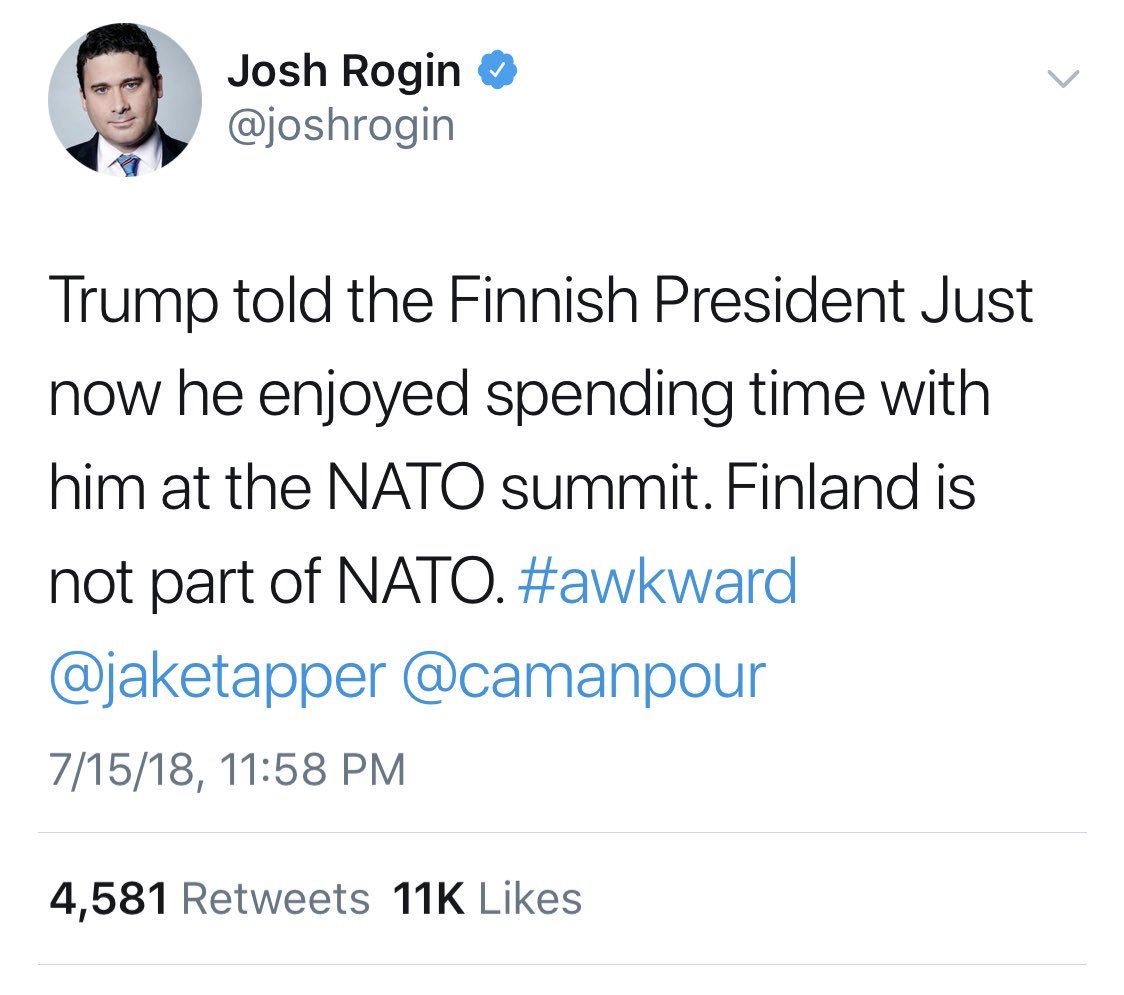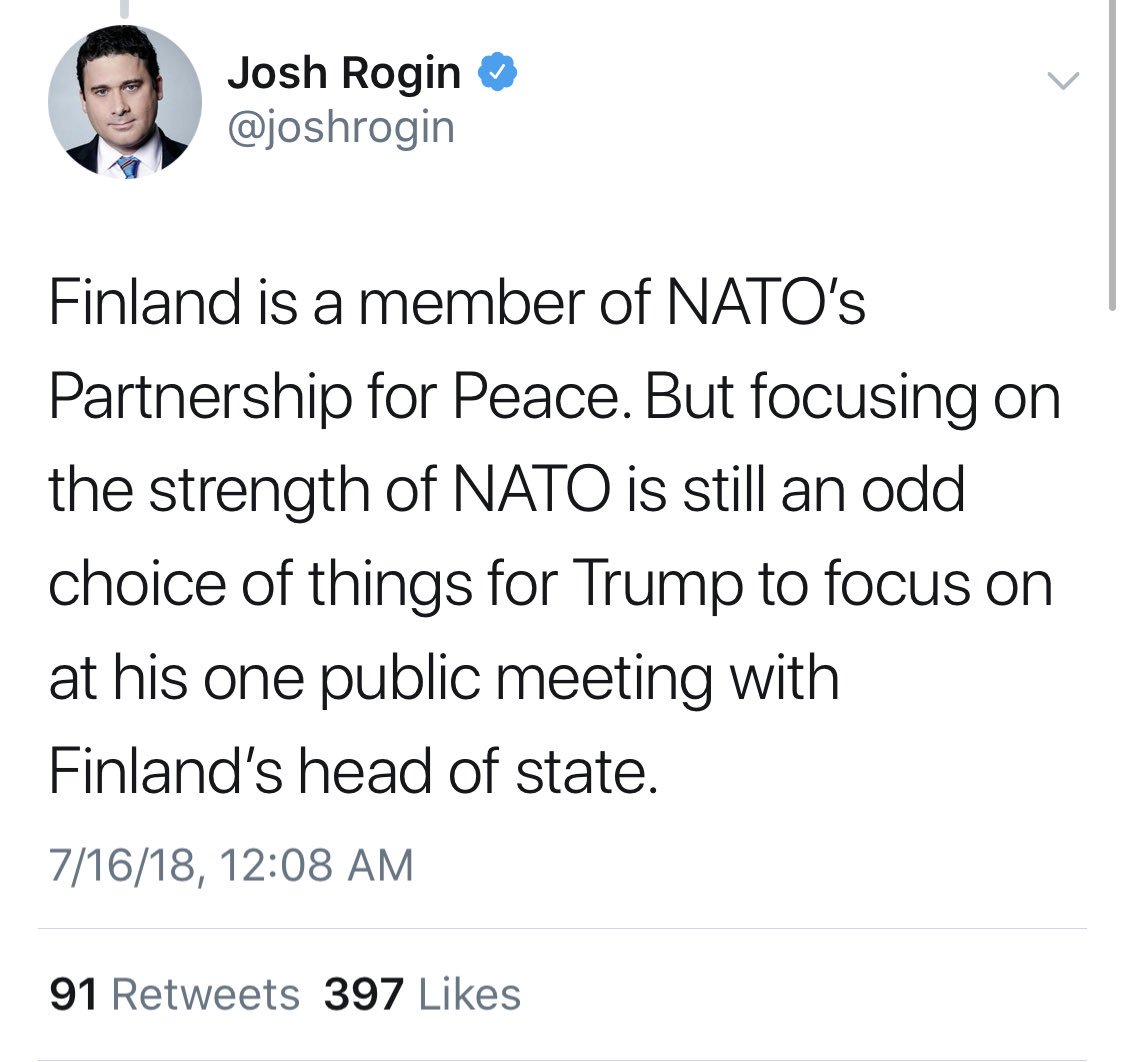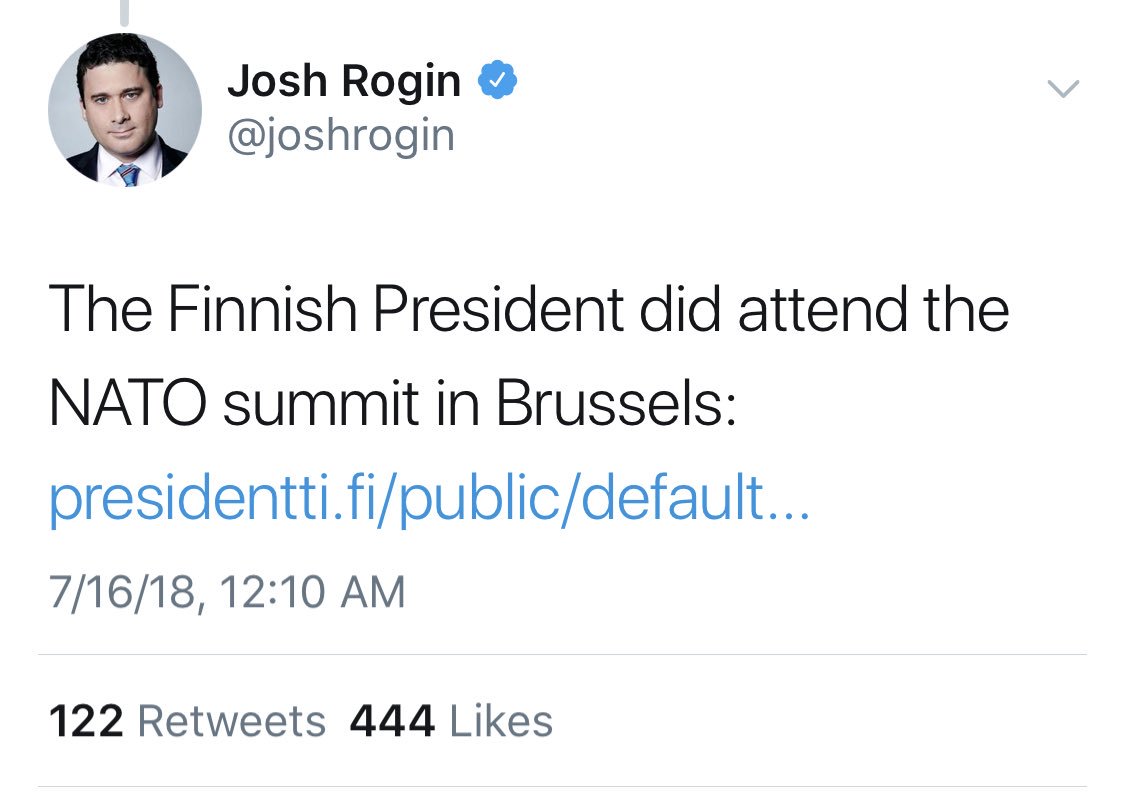ORIGINAL LINK
Authored by Stefania Maurizi via Consortium News,
Silenced and cut off from the outside world, WikiLeaks founder Julian Assange has been confined to the Ecuadorian embassy in London for the last six years with no access to sunlight, fresh air, or proper medical treatment. Furthermore, last March President Lenin Moreno’s Ecuadorian government cut his access to the internet, phone calls and even visitors and journalists. For a man who has already been confined to the embassy for so long, these restrictions are particularly harsh.

I began working as one of WikiLeaks’ media partners in 2009, before Assange and WikiLeaks published such bombshells as the “Collateral Murder” video. Over the last nine years, I have partnered with WikiLeaks on behalf of my newspaper, the Italian daily La Repubblica to work on the Podesta emails and many of its other secret files, except for those that WikiLeaks released without media partners: the DNC emails, the Saudi Cables, Turkey’s ruling party emails, the Hacking Team documents, the Collateral Murder video and the Brennan emails.
Like its work or not, WikiLeaks is an independent media organization that doesn’t have to rely on traditional media to publish its scoops. Indeed it was founded to bypass the legal qualms traditional media may have about publishing classified information.
With its 5.5 million followers on Twitter, WikiLeaks has a huge social media presence that gives its work immediate impact. But WikiLeaks has published most of its revelations in collaboration with a number of media partners.
For instance, I was a partner in the publication of the emails of John Podesta, Hillary Clinton’s 2016 campaign manager, which were published by WikiLeaks shortly after the infamous Access Hollywood video revealed candidate Donald Trump making rude remarks about women.
Many media outlets continue to report that the Podesta emails were released only minutes after the Access Hollywood video aired, hinting at some sort of coordination between WikiLeaks and the Trump campaign. In a indictment issued last Friday, Robert S. Mueller III, the special counsel investigating the alleged Russian interference in the 2016 U.S. elections, charged 12 officers of the Russian military intelligence service, GRU, for having allegedly hacked both the DNC and Podesta emails and allegedly passed them on to WikiLeaks for publication.
I have no idea who WikiLeaks’ sources were for the Podesta emails: the whole concept of WikiLeaks is based on the submission of secret or otherwise restricted documents by anonymous sources. Assange said numerous times that his source for the Clinton emails was not the Russian government nor a state party.

As I worked on the Podesta emails, I do know that their publication was not a last-second decision. I had been alerted the day before, and their staggered release was a choice WikiLeaks made after the organization was harshly criticized by mainstream media for publishing the DNC documents all at once. This time the emails would trickle out to make them easier for the public to digest. But that was criticized too by the U.S. media and the Democrats as an attempt to leave Clinton bleeding a few weeks before the elections.
Ready to Release Trump Documents
I was also a witness when WikiLeaks received four documents about Trump’s business at a certain point during the campaign and media partners were asked to help verify the documents to determine if they should be published. The WikiLeaks team had already prepared a placeholder graphic for a possible release on Trump: a caricature of Trump and his characteristic hairstyle. Unfortunately, we found that the documents had already been made public.
Over the last nine years of my work in partnership with WikiLeaks on behalf of first the Italian newsmagazineL’Espresso and then La Repubblica, I have spent many hours talking to Assange and his staff, maintaining weekly contact with them. Looking back, I realize that in all those years, I only met Assange as a free man once. That was in September 2010: he had just left Sweden to meet me and other journalists in Berlin after the publication of the Afghan War Logs. At that time, I didn’t realize so many years would pass without seeing him free again.
He is one of the most demonized men on the planet. “We are in the business of crucifixion,” he told me several months ago, before Ecuador cut his social contacts. Indeed he has been crucified for whatever he has done: he talked to the press? He is a narcissist. He didn’t talk to the press? He wants to fuel his image as an international mystery man. He is a complicated human being, but he is neither a hard man nor the imperious, James Bond-style villain depicted by newspapers. He can be warm, with a sharp sense of humor, and he is definitely brilliant and bold enough to publish exceptionally risky documents.
The Full Force of the State
WikiLeaks is rather unique from many standpoints. As a media organization publishing exclusively secret or otherwise restricted documents on “invisible powers,” such as intelligence agencies, which citizens do not normally perceive as directly relevant to their lives, there is little doubt that WikiLeaks has the full force of the State against it. It is probably the only Western media organization to have been under continuous investigation by the U.S. authorities – and probably others—since 2010, and it is definitely the only one whose editor is arbitrarily detained in the heart of Europe.

Assange: No way out?
Whenever I say that Assange is the only editor arbitrarily detained in Europe, some object that he isn’t detained, or that he isn’t an editor at all. But that he is arbitrarily detained is the opinion of the United Nations’ Working Group on Arbitrary Detention, whose decisions are considered authoritative by the European Court of Human Rights. The UK government has always rejected the UN body’s decision on Assange, and even tried to appeal it. Since losing this appeal, the UK authorities have continued to ignore the decision and apparently no one else has anything to say about it.
Many argue that Assange is not detained, but rather is in a state of “self-imposed exile,” since he could leave the embassy at any time. He could, if he wanted to, walk out and be arrested by the UK authorities, on now flimsy skipping bail conditions after Swedendropped its investigation against him, and he’d face the risk of extradition to the United States. Last year the former head of the CIA, Mike Pompeo, attacked him and his organization ferociously, calling WikiLeaks a “non-state hostile intelligence service.” The current Attorney General, Jeff Sessions, has declared that arresting him is a priority.
Assange’s lawyers believe a grand jury in the state of Virginia has likely rendered a sealed indictment against him. Theoretically he is protected by the First Amendment of the U.S. constitution, which protects publication of stolen documents, something that major media does routinely. However, through the last years we have seen many attempts by the U.S. authorities to claim WikiLeaks and Assange have no First Amendment righrts.
Curiously, those critics who insist he is in a form of self-imposed exile or confinement seem to forget that Assange has attempted all sorts of legal routes to challenge his detention. I have never heard of someone imposing exile on himself while at the same time attempting various legal means to put an end to it.
Assange’s latest appeal to the Westminster Magistrates’ Court was dismissed last February by the British judge Emma Arbuthnot, in a ruling indicating that for UK Justice it is perfectly fine for an individual to remain confined to a tiny building for almost six years with no access to sunlight, fresh air or proper medical treatment. “I do not find that Mr. Assange’s stay in the Embassy is inappropriate, unjust, unpredictable, unreasonable, unnecessary or disproportionate”, concluded Arbuthnot with no British irony.
As far as the concept of “editor” goes, I can refer to my own experience, describing what I have seen on my end: Assange has always been the person coordinating WikiLeaks publication activities, making the editorial choices, deciding how to present the revelations to the public—just like any editor of traditional media. He and his organization are far from perfect: they have made mistakes and questionable choices, but it is a matter of fact that they have revealed very important information in the public interest.
Journalism and Beyond
Thanks to WikiLeaks, it has been possible to reveal the true face of the U.S. wars in Afghanistan and in Iraq (Afghan War Logs, Iraq War Logs Filesand Collateral Murder), the identities of Guantanamo detainees (Gitmo Files), the scandals and embarrassing diplomatic deals contained in 251,287 U.S. diplomacy cables, such as pressure from the U.S. to neutralize Italian prosecutors investigating the extraordinary rendition of the Milan cleric, Abu Omar (Cablegate).

Tunisia: Protests fueled by WikiLeaks sparked Arab Spring.
It has been possible to reveal the inner workings of the U.S. private intelligence firm Stratfor (GIFiles) and the National Security Agency intercepts on German, French, Italian and Japanese leaders, including intercepts of the controversial, former Italian Prime Minister Silvio Berlusconi (NSA World Spying Files). WikiLeaks also revealed EU operations to stop migrants and refugees (EU Military Ops Against Refugee Flow Files), and the CIA cyber weapons (Vault 7 Files). Its Tunisia Files contributed to the uprising there that set off the so-called Arab Spring. WikiLeaks has also released a cache of Spy Files from Russia.
All this valuable information has been made available to the world by WikiLeaks completely free of charge, so that once in the public domain, journalists, activists, scholars and citizens can access it directly worldwide, without needing media organizations or journalists to access the original files and make informed choices.
This publication strategy has worked: the exiled Islanders from the Chagos Archipelago for example have been using the U.S. diplomacy cables in court to support their struggle to return to the Chagos Islands, while a German citizen, Khaled el-Masri, used the cables to support his case at the European Court of Human Rights against his extraordinary rendition.
As WikiLeaks sees it, publishing information in the public interest is an act that involves journalism, but also goes beyond journalism. That is why after partnering with media organizations, WikiLeaks makes the files publicly available so that everyone can access and use them.
Assange and his team pioneered a model so effective that it has been copied by many. They started a platform for anonymous submission of secret or otherwise restricted documents, a concept which has since been adopted by almost all major media outlets. They also established cross-jurisdictional collaborative reporting, now a model for major organizations like the Consortium of Investigative Journalists, which published notable revelations like the Panama Papers.
Risk
Throughout the last nine years, I have seen Assange and his staff take enormous risks. “They run towards the risks everyone else runs away from,” Edward Snowden once told me in an interview. That means they take risks corporate media won’t take. At the end of the day corporate media are corporations: many decide they can afford only limited legal risks. As for the extralegal risks, few traditional editors and journalists are eager to end up confined to an embassy for six years.

Snowden: Saved by WikiLeaks.
We have seen what happened to Snowden when he was abandoned in Hong Kong: it took Assange’s close adviser, Wikileaks journalist Sarah Harrison, and the WikiLeaks’ staff to help him seek asylum. Although the newspapers that had obtained the Snowden files could have exerted enormous contractual power if they had wanted to broker an agreement with the U.S. government to protect Snowden, none of them did. As the American science fiction author Bruce Sterling put it: “It’s incredible to me that, among the eight zillion civil society groups on the planet that hate and fear spooks and police spies, not one of them could offer Snowden one shred of practical help, except for Wikileaks.”
From the very beginning, I have witnessed the virulent attacks against Assange and his staff and the dramatic failure of mainstream and non-mainstream journalists to seek factual information on the Swedish case by means of FOIA or other investigative tools. In the course of these last seven years, no media has tried to access the full file on Julian Assange and WikiLeaks.
It took an Italian journalist to litigate a FOIA in Sweden and in the UK because no international or local journalist had done so. While my FOIA litigation unearthed some suspicious facts (like the deletion of many crucial emails written and received by the British lawyer who had handled the Assange case for the Crown Prosecution Service – a deletion for which the UK authorities have provided no explanation) there has been no follow-up by any international or British media.
The Kremlin’s Useful Idiots?
Recently, The Guardian said, “Assange has a longstanding relationship with Russia Today. He has regularly appeared in interviews with the Russian broadcaster and hosted a program on RT in 2012.” In reality the broadcasting license for that program, known as “The World Tomorrow”, was acquired by my newsgroup as well, which publishes La Repubblica and l’Espresso. As far as I know, that program was not the product of any unique collaboration between WikiLeaks and RT.
While it is true that Assange and his staff have appeared on the Russian channel numerous times, I have only heard of one instance in which RT was a partner with WikiLeaks in the publication of secret files: the “Spy Files”, a series about brochures on private companies selling surveillance technologies. When WikiLeaks partners with traditional media, the partners know each other, they share the findings and the workload. Based on what I have observed, RT has never been part of this process, though it is true that RT quickly jumps on whatever WikiLeaks publishes, running articles on WikiLeaks publications based on the organization’s press releases and reporting on everything on the WikiLeaks front.

Russia perceives Assange as a sort of Western dissident. The country definitely loves the idea of “Western dissidents” and is happy to stick a finger in the eyes of the West by assuring wide coverage for Assange and his organization. Russia media highlights the contradictions in Western democracies which, while preaching aggressive journalism and the protection of journalistic sources, have instead put Chelsea Manning in prison, charged Snowden, investigated WikiLeaks for the last eight years and has kept its editor arbitrarily detained with no end in sight.
WikiLeaks has been accused of being the Kremlin’s useful idiot or its laundromat, or even a front for Russian intelligence. These kinds of allegations have been spread by the media with no solid evidence, always quoting anonymous intelligence officials who have an obvious interest in destroying WikiLeaks’ reputation. To protect himself and his organization, Assange has always avoided revealing the inner workings of WikiLeaks so as to not expose its resources and vulnerabilities to powerful entities like the CIA, which perceive WikiLeaks as an existential threat to themselves.
This approach has helped project an allure of mystery and menace which has been used by many media outlets to fuel a vitriolic campaign against Assange and WikiLeaks as James Bond-style villains with something dark to hide. Had Assange and his team ever lifted the veil and allowed the public to see the inner workings of WikiLeaks, public opinion would have perceived what is really behind it: a willingness to take the heat even in the face of very powerful entities.
No one can say how it will end for Assange and his team: if they end up in jail in the United States, it will be the first time that an editor and a media organization are imprisoned in the U.S. for their work, at least not since John Peter Zenger in Colonial America. As the icon of whistleblowers, Daniel Ellsberg, put it: “Under Trump, he may well be the first journalist in this country to be indicted.” There is a deafening silence on the impact of such a scenario on the freedom of the press and on the human rights of Assange and his staff.

via
IFTTT




























